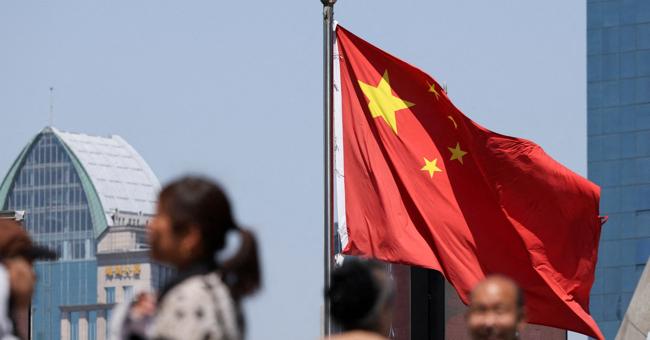Summary
Flipkart will shift its holding company from Singapore to India, the e-commerce company said on Tuesday, as its parent Walmart aims to take the 17-year-old company public.
Source: Reuters on MSN.com

AI News Q&A (Free Content)
Q1: What is the significance of Flipkart moving its holding company from Singapore to India?
A1: Flipkart's decision to shift its holding company from Singapore to India aligns with Walmart's plans to take the company public. This move is significant as it indicates a strategic alignment with India's growing e-commerce market and reflects the company's commitment to operating within the Indian regulatory framework. The move could also potentially make it easier for Flipkart to access Indian markets and investors.
Q2: How does Flipkart's market presence compare to its competitors in India?
A2: Flipkart holds a 48% market share in the Indian e-commerce industry, making it a significant player alongside Amazon India and Snapdeal. It has a particularly strong position in the apparel segment, bolstered by its acquisition of Myntra. Flipkart is also competitive in electronics and mobile phone sales, remaining
Q3: What role does artificial intelligence play in retail innovation, according to recent research?
A3: Recent research highlights the increasing role of artificial intelligence in transforming retail analytics. AI technologies are being used to enhance customer engagement, improve inventory management, and facilitate better demand forecasting. These advancements help retailers like Flipkart optimize operations and respond effectively to market changes, such as those induced by the COVID-19 pandemic.
Q4: What are the potential impacts on retail investors due to Flipkart's relocation to India?
A4: The relocation of Flipkart's holding company to India could have several impacts on retail investors. It may increase investor confidence in the company by aligning it more closely with the Indian market's legal and financial systems. Additionally, it might provide more investment opportunities for Indian retail investors, given Flipkart's potential public listing in India.
Q5: Can you describe the challenges addressed by innovative retail analytics systems?
A5: Innovative retail analytics systems address challenges such as inefficient queue management, poor demand forecasting, and ineffective marketing. By leveraging machine learning technologies, these systems enhance retail efficiency and customer engagement. For instance, the integration of predictive models aids in understanding consumer behavior, which can lead to more informed decision-making and improved store operations.
Q6: How does Flipkart's competitive strategy in the e-commerce sector compare to global trends?
A6: Flipkart's strategy involves leveraging its strong market presence in key segments like apparel and electronics while expanding its product categories. This approach mirrors global trends where e-commerce companies focus on diversifying offerings and enhancing customer experience through technology. Flipkart's adoption of innovative practices, such as AI-driven analytics, aligns with these trends, helping it maintain competitiveness in the rapidly evolving market.
Q7: What innovations are being explored in the UK retail financial system that could influence global retail practices?
A7: In the UK, the exploration of a retail Central Bank Digital Currency (CBDC), known as the digital pound, is underway. This innovation aims to enhance monetary and financial stability by ensuring the safety and soundness of financial institutions and payment systems. Such developments could influence global retail practices by providing a model for integrating digital currencies into the retail financial ecosystem, potentially affecting how transactions are conducted worldwide.
References:
- Flipkart - Wikipedia
- Retail Analytics in the New Normal: The Influence of Artificial Intelligence and the Covid-19 Pandemic
- Revolutionizing Retail Analytics: Advancing Inventory and Customer Insight with AI
- Anchoring UK Retail Digital Money





